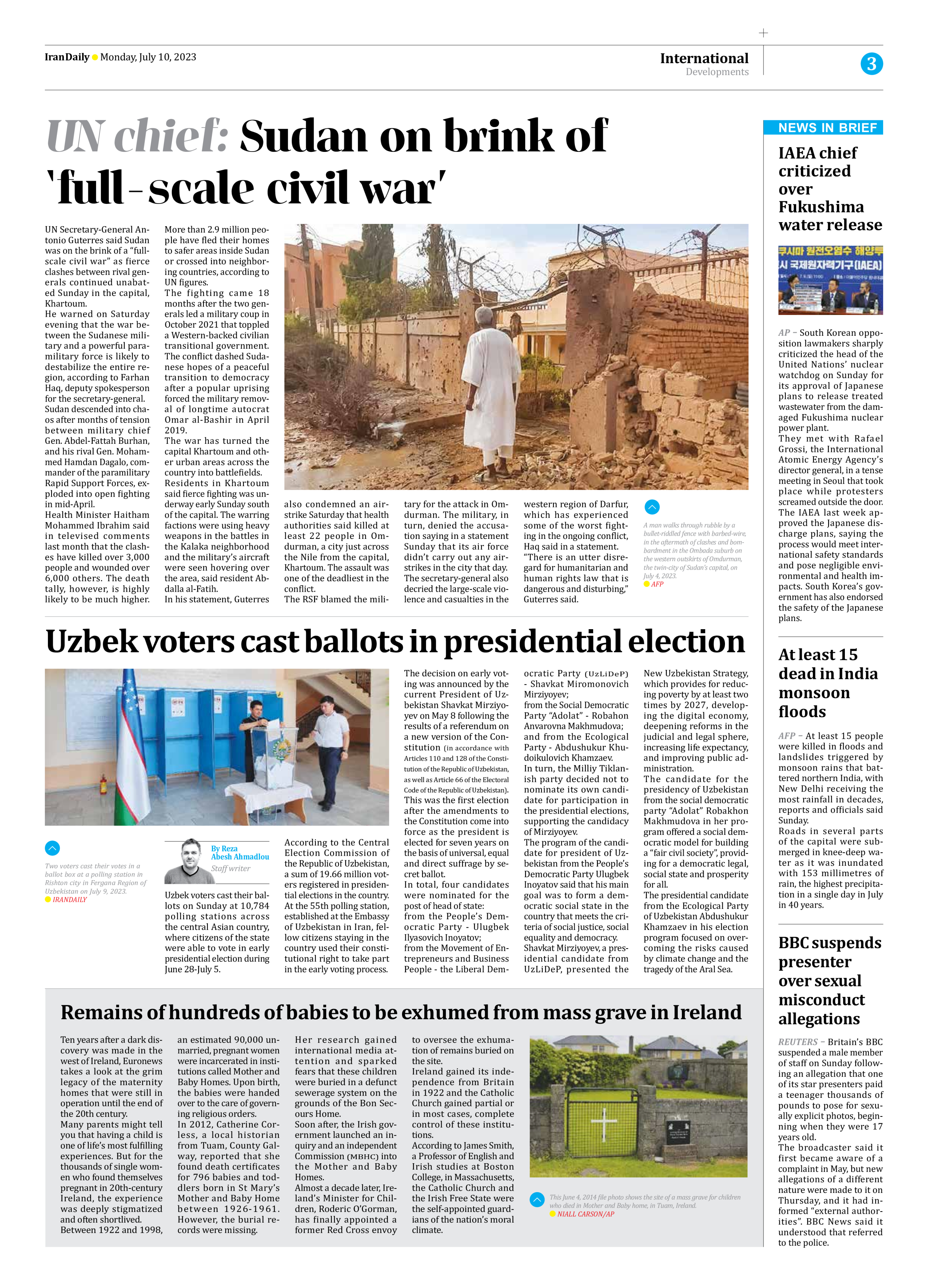
Remains of hundreds of babies to be exhumed from mass grave in Ireland
Ten years after a dark discovery was made in the west of Ireland, Euronews takes a look at the grim legacy of the maternity homes that were still in operation until the end of the 20th century.
Many parents might tell you that having a child is one of life’s most fulfilling experiences. But for the thousands of single women who found themselves pregnant in 20th-century Ireland, the experience was deeply stigmatized and often shortlived.
Between 1922 and 1998, an estimated 90,000 unmarried, pregnant women were incarcerated in institutions called Mother and Baby Homes. Upon birth, the babies were handed over to the care of governing religious orders.
In 2012, Catherine Corless, a local historian from Tuam, County Galway, reported that she found death certificates for 796 babies and toddlers born in St Mary’s Mother and Baby Home between 1926-1961. However, the burial records were missing.
Her research gained international media attention and sparked fears that these children were buried in a defunct sewerage system on the grounds of the Bon Secours Home.
Soon after, the Irish government launched an inquiry and an independent Commission (MBHC) into the Mother and Baby Homes.
Almost a decade later, Ireland’s Minister for Children, Roderic O’Gorman, has finally appointed a former Red Cross envoy to oversee the exhumation of remains buried on the site.
Ireland gained its independence from Britain in 1922 and the Catholic Church gained partial or in most cases, complete control of these institutions.
According to James Smith, a Professor of English and Irish studies at Boston College, in Massachusetts, the Catholic Church and the Irish Free State were the self-appointed guardians of the nation’s moral climate.







